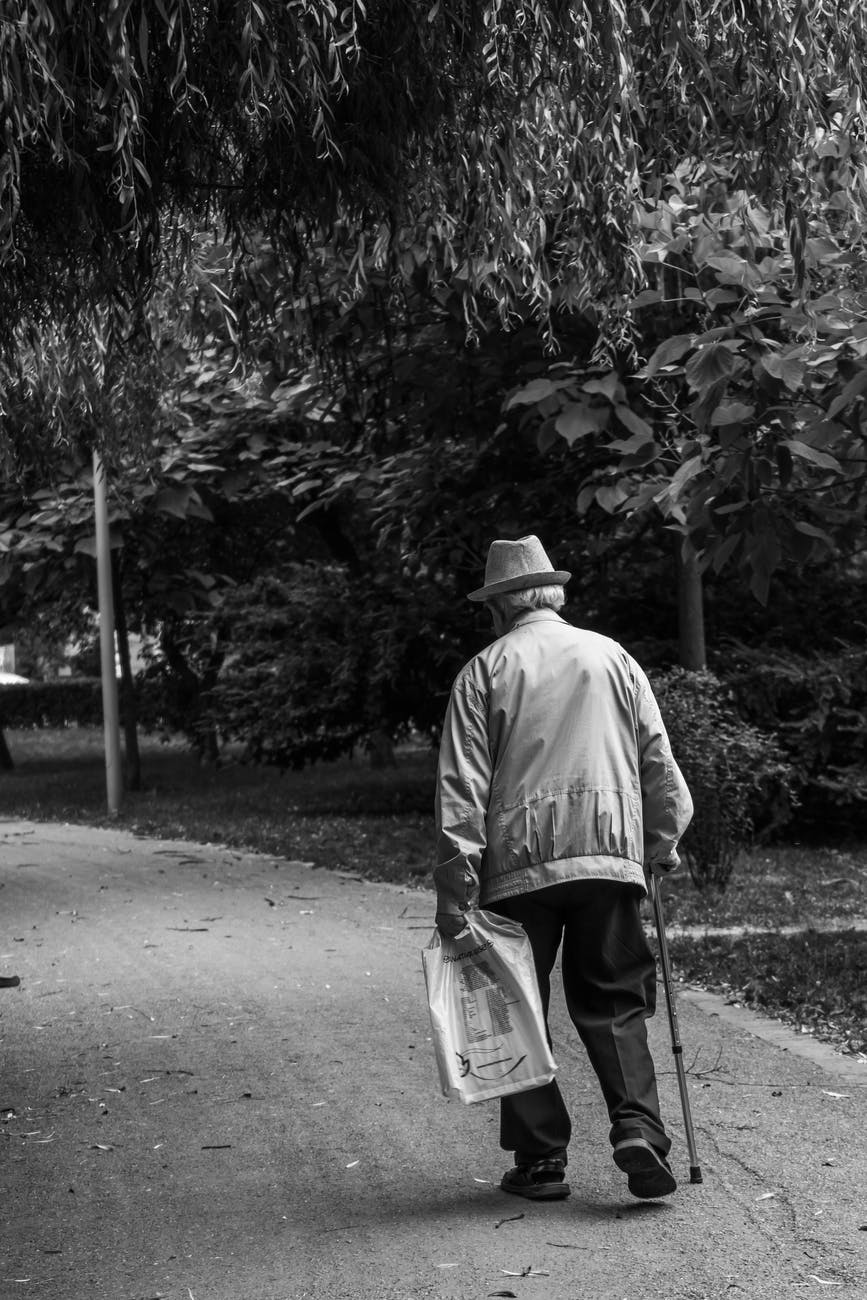Guillermo Maldonado, a Honduran-American Evangelist and author, once famously said that “Loneliness is not lack of company, it is lack of purpose”. According to the American Psychological Association (APA), loneliness is defined as an effective or cognitive anxiety or distress from being or considering oneself to be alone or otherwise self-contained. It would be naive to treat loneliness only to be physically alone. It can be a state of mind as well. One can remain lonely even in the presence of a crowd. Similarly, one can be in the best of companion, even being alone. So, being alone in America is not merely a social problem, it is a social disaster.
Also read: How To Say No Without Saying No?
The global Covid-19 pandemic has further deepened the perils of loneliness in America. According to a survey conducted by Harvard Graduate School of Education under the project of Making Caring Common in Feb 2021, not less than 36% of all Americans-including 61% of fresh adults and 51% of mature mothers with young children-feel acute loneliness. It is hardly surprising that prevalent global pandemic has also added its share to this growing menace of being alone in America.
Those between ages 18 and 29 and 30 and 44 reported higher rates of anxiety and depression.
Who is at more risk of loneliness? Though hard to believe, it is the young American adults, not the older generation, who are most adversely affected by the loneliness epidemic. The populace in the age bracket of 60-70 years are less lonely. According to a study, published online in November 2020 in the Journal of Clinical Psychiatry and based on the responses from more than 2,800 US citizen in the age bracket of 20 to 69 year who participated in this online survey, it was found that 20+ young adults are the worst victim of loneliness, while it is at the lowest among the respondents of age group of 60+.

How many kinds of loneliness are there? As mentioned above, loneliness is not only a physical dilemma, but also a mental ambush as well. The effect of loneliness is different for different persons of different age groups. For this reason, four distinct types of loneliness are identified by psychologists: emotional, social, situational and chronic.
Emotional loneliness: This kind of loneliness coms from the feeling of being unwanted or lack of relationship or attachment. In a group, if everyone, except you, has a partner to be romantically attached with, your feeling of emotional loneliness is unavoidable. Emotional loneliness refers to the absence of an intimated and nurturing relationship with other people. If you urgently need to talk your issues and feelings with someone and you do not find anyone or you lose your near or dear ones, you are suffering from emotional loneliness. Here is what you can do to overcome this grief.
Have a positive attitude and communicate with others clearly and meaningfully: It always to pays to share your issues and feelings with someone who cares. If you have a close friend or family members, you should not deprive them of an opportunity to better understand you and grasp your problematic points.
Find a shoulder to cry on: Find someone who could lend his shoulder to you to cry on. This someone can be a family member, a friend of even an office colleague. Support group or online communities can also be helpful in this matter.
Present yourself in a different way: Expressing your hard feelings to someone usually takes courage and guts and not all are blessed with it. So, if you experience inconvenience expressing yourself, it is always better to change your expression style. Writing and painting can be effective way of expressing your thoughts. Other unconventional modes of creatively expressing your inner feelings may include singing, dancing or making a playlist hat reflects what you are going through.
Watch your self-talk: Self-talk is talking to oneself internally. Self-talk can be constructive or destructive for our inner peace. Emotional loneliness lets you feel empty inside and make a victim of depression. To fill this emptiness, one unconsciously engages in self-talk. Negative self-talk n only fuel to the fire of depression. So, it is unavoidably necessary to garner positivity and engage in positive self-talk. Just entertain yourself in whatever way you feel comfortable.
Do not be a hermit, socialize with others: Please do not let the loneliness makes you reclusive. Instead, socialise with other, let them know you exist. If you choose to refuse interacting with others, you will only send a message that you are vulnerable, insecure and above all depressed. It is also a good idea to consult a psychiatrist, doctor or therapist about your emotional loneliness. It is better to make a firm commitment that you will not be alone in America.

Social loneliness: Being socially connected is necessary for surviving and flourishing. However, the dilemma is whenever people age, they feel isolated and unwanted. Being alone may result into being more vulnerable to loneliness and social isolation, which may be counter-productive. Studies have proved that social loneliness is associated with severe health risks like cardiac arrest, depression and cognitive decline. One can use different approaches to arrest social loneliness. If low self-esteem is responsible for the social loneliness, it can be cure d by taking expert psychological treatment. Adopting a structured or sophisticated approach like joining an online or virtual group can also be fruitful. Some other ideas to help you stay connected are find an activity that you love, spare some time to be with your family and use modern communication gadgets like video chat, smart speakers and companion robots to help you socialise with others. It will surely not make you alone in America.
According to Dr. Spelman, the best way to counter situational loneliness is to try to make new friends and, more crucially, maintain those friendship. Agreed that it is not that easy especially in pandemic times. However, some alternative approaches may be to be proactive and socialize with other in post lockdown era. The internet can also help interacting with others.
Chronic loneliness: Chronic loneliness, as its name suggests, refers to a very long period of loneliness that it becomes a part of life. It is often a result of circumstances like self-isolation, addiction and feeling a sense of inferiority complex. It persists for so long that it ultimately becomes a way of life. The best way to overcome chronic loneliness is to make friendship and socialize with others.
Loneliness is not a personal problem. It is a social problem. While the benefits of loneliness are negligible, its cost is phenomenally high. Loneliness can be a cause of early death and a wide range of serious health hazards like depression, anxiety, heart ailments and blood pressure. The COVID-19 pandemic has further aggravated this menace and intensified public discussion as general populace across the country have been placed under house arrest to avoid spread of the deadly virus.
We, the human beings, are under heavy moral obligation to be on the front lines. It is the time to rise to the occasion and interact with others with humanity and empathy and tell the world that we are not alone in America in 2021 and beyond.




4 thoughts on “Alone in America in 2021”
Well written and informative.
Thanks sir for encouragement.
Nice article on loneliness to human
Thanks sir.